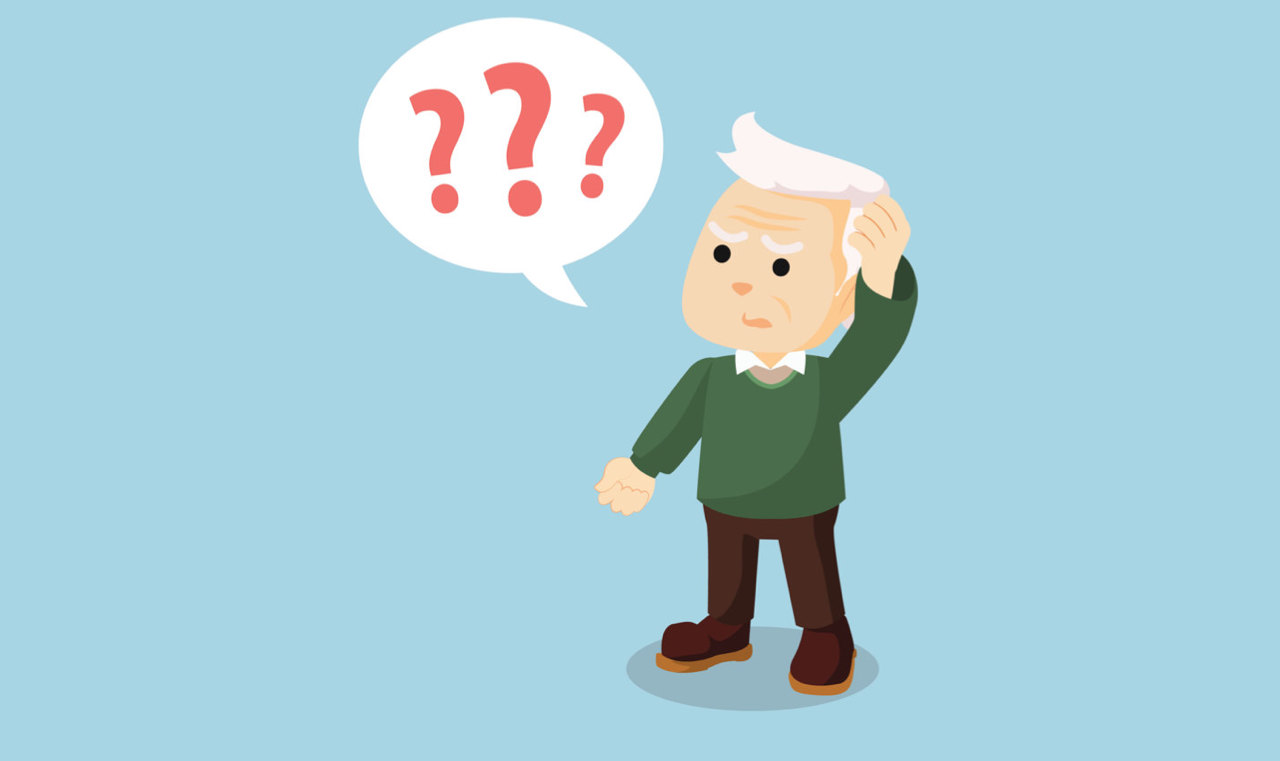We all have those times when our minds feel foggy. You might find yourself losing track of time, struggling to concentrate and can’t seem to keep track of your whereabouts. If this happens to your grandparents or a loved one, how do you know whether it is just a little confusion, or the more serious delirium?
Delirium is a medical condition defined as a severe and abrupt state of confusion. The beginning stages of delirium are usually rapid, reaching a peak within hours or a few days.
Symptoms include a reduced awareness of the environment, altered consciousness (hallucinations) and an inability to focus. It can develop at any age, but is more common as we age and are more at risk of mental health problems.
Delirium is often linked to a severe or chronic condition like a stroke or Parkinson’s disease, and can also be triggered by a change in metabolic balance (low sodium), an infection, surgery, medication, and alcohol or drug withdrawal.
What are the causes?
Pre-existing conditions can affect your brain function, such as pneumonia, that can lead to inflammation and infection in the brain, interfering with brain function. Drug abuse and taking certain medications like blood pressure medicine can also disrupt chemicals in the brain, causing mental dysfunction.
Risk factors include:
- Previous delirium episodes.
- Brain disorders like dementia or a stroke.
- Hearing or visual impairment.
- Multiple medical problems.
There are three types of delirium and at times they may take place together:
- Delirium tremens: Suffered by people who have been drinking large amounts of alcohol for years (alcohol withdrawal.
- Hyperactive delirium: You may be overactive and feel agitated and restless.
- Hypoactive delirium: You may be underactive and feel sleepy and struggle to respond.
Delirium leads to: cognitive impairment (poor thinking skills):
- Poor memory, especially of recent events.
- Disorientation, not knowing where or who you are.
- Difficulty speaking or recalling words.
- Rambling speech.
- Trouble understanding speech.
- Difficulty reading or writing.
Behavioural changes
- Hallucinations, seeing things that don’t exist.
- Agitation or restlessness.
- Crying out or moaning.
- Being quiet and withdrawn.
- Lethargy or slow movement.
- Disturbed sleeping patterns.
Emotional disturbances
- Personality changes.
- Unpredictable mood shifts.
- Depression
- Irritability or anger.
- Anxiety, fear or paranoia.
- A sense of feeling overjoyed (euphoria)
- Lack of interest.
Finding help
It can be frightening when you or a loved one suffer from any of these symptoms, especially when you don’t know why. According to the Harvard Medical School the first steps to treating delirium is to identify underlying causes, like medical history, drug use (includes over-the-counter medication) and alcohol abuse. Your doctor would be the best person to make an accurate diagnosis, along with input from a caregiver or family member who can speak to previous episodes and signs of the condition.
Medicines for treating delirium symptoms include anti-psychotic drugs and other medication (to treat agitation and hallucinations and to improve sensory problems). Therapy to help treat delirium includes support therapy which was designed to help improve and sustain your mental wellbeing. If in doubt, speak to one of our doctors to help guide you to the best course of action!

